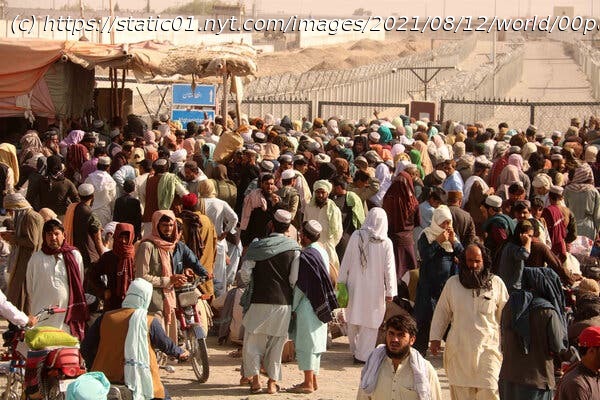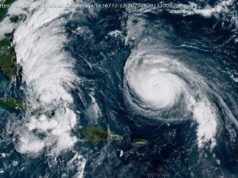The United States and others want Pakistan to push harder for peace. But many Pakistanis see a Taliban victory as inevitable, and some are cheering for one.
The Taliban are claiming towns and territories across Afghanistan. With each victory, scrutiny is falling on the leaders of neighboring Pakistan. For decades, Pakistan has served as a sanctuary for the Afghan Taliban, who have often crossed the countries’ rugged,1,660-mile border with ease. Officials have acknowledged that Taliban fighters maintain homes and families in Pakistan, at a safe distance from the battlefields. Now that the American military has declared its part in the Afghan war over, and the Taliban increasingly look as if they can capture the country, Washington is applying pressure on Pakistan to push for a negotiated settlement. While voicing support for a peaceful solution globally, however, the government of Prime Minister Imran Khan has been quieter at home. It has not spoken out against pro-Taliban rallies within Pakistan. It also hasn’t condemned reported Taliban atrocities as the group marches toward Kabul. The reason: A large number of Pakistanis, including military officers, describe a Taliban victory as inevitable. Some, including former military officials, are publicly cheering for one. But a collapse in Afghanistan would carry risks for Pakistan, too, including a possible wave of refugees, and a boost to jihadist movements that target Pakistan’s government for attack. “Pakistan is really in a bind,” said Elizabeth Threlkeld, a South Asia expert at the Stimson Center in Washington. “Even though Pakistan is really concerned about spillover violence and an influx of refugees, they want to keep the Taliban on side.” In an interview with The New York Times in June, Mr. Khan said Pakistan had used the “maximum leverage it could on the Taliban.” Pakistani officials deny helping the group militarily, insisting that during negotiations in Doha, Qatar, they pushed hard for peace talks with the Taliban. In public, they have echoed the line taken by the United States and other parties to the accord reached in Doha, warning that Afghanistan would become a pariah state if the Taliban took it by force. But Pakistan has leverage that it is not bringing to bear, government officials in other countries say. It still allows Taliban leaders free movement into and out of the country and continues to serve as a safe haven where fighters and their families can receive medical care, they say. Some critics, particularly in Afghanistan, accuse Pakistan of actively supporting the Taliban’s offensive, saying that the insurgents could not have mounted such a large effort without assistance. On social media, the hashtag campaign #SanctionPakistan has gained popularity in Afghanistan and among the diaspora. Officials in Islamabad, Pakistan’s capital, have played down the idea that they can influence the Taliban.






